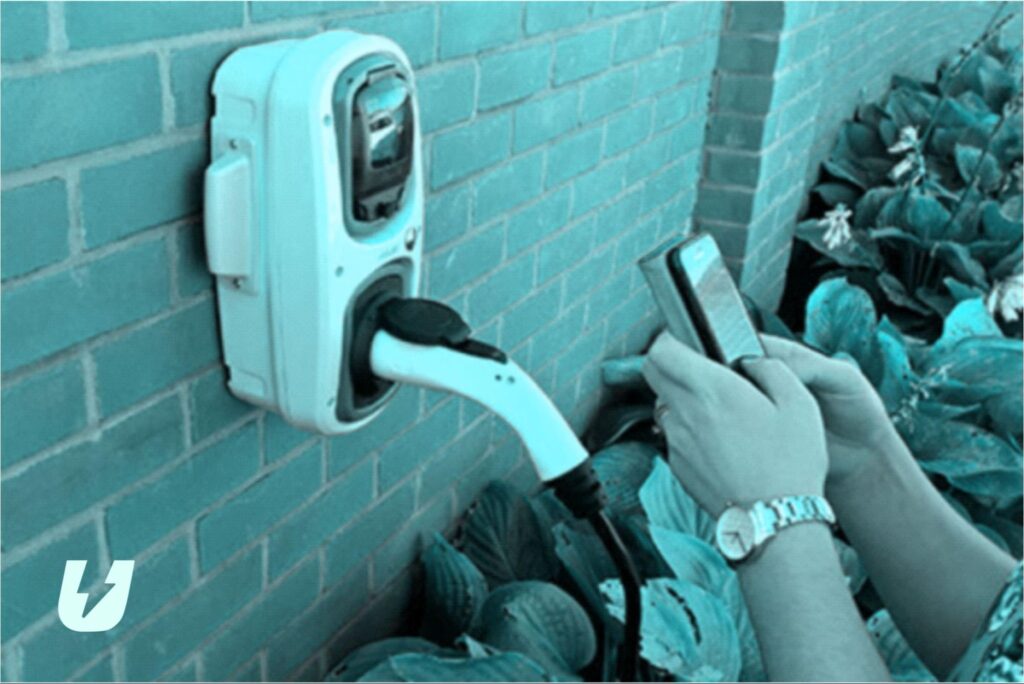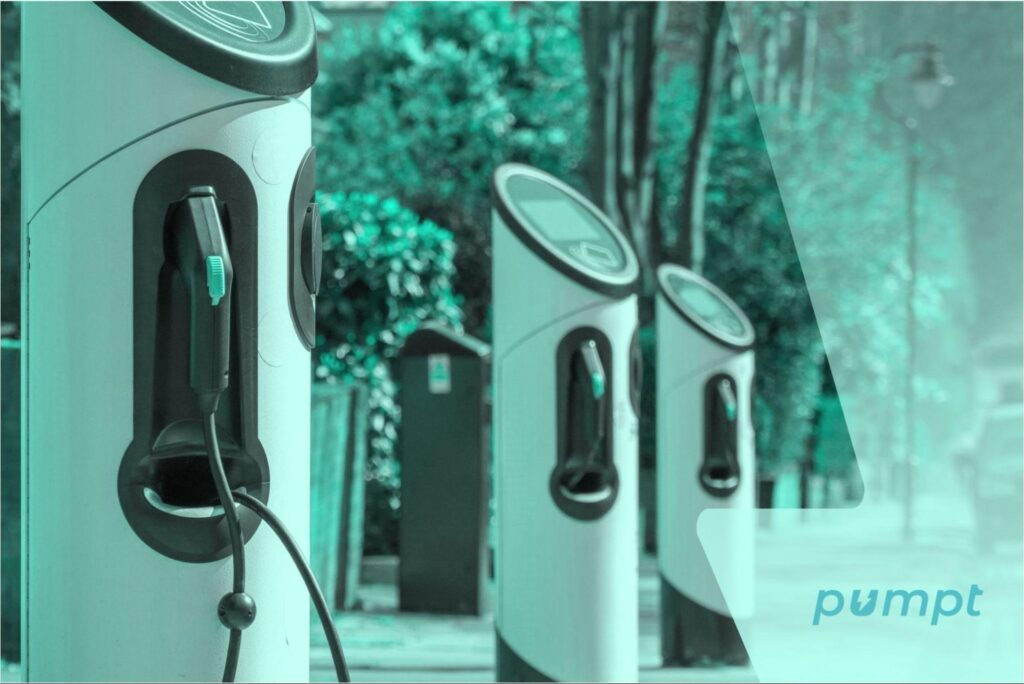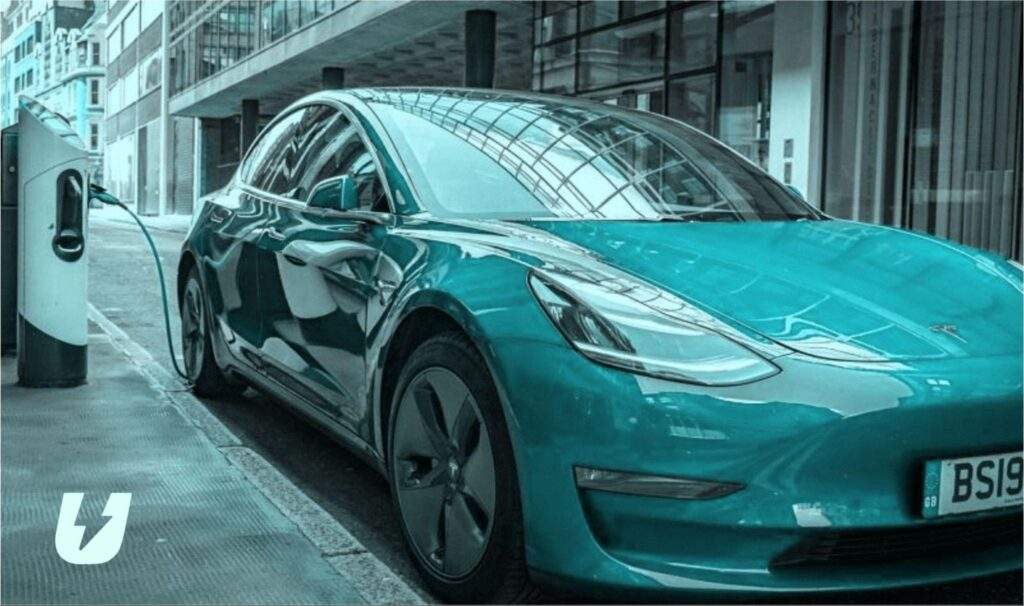Purchasing an electric vehicle makes good business sense. Anyone who has filled up their car with diesel knows just how expensive driving high-emission vehicles can be. Going electric is a cleaner and more viable option if you want to save more money on your car’s energy expenditure.
The only problem is that electric cars are expensive, and you may not be able to afford the upfront costs of buying one. Aside from the cost of the car, you also need money to pay for EV charger installation and other additional costs.
The good news is that the government is committed to spreading and producing low-emission vehicles. that they are providing an electric charger grant to businesses, communities, and the public looking to buy an electric vehicle or install a charging point.
If you are eligible for these grants, you can get discounts and subsidies while purchasing a new electric car or installing a charging point at home, the workplace, or on the street.
In this article, we discussed the different EV grants and explained how you can apply for each so you can finally afford to buy a new electric car.
What is a Government EV Grant?
A government EV grant is government funding for affordable zero-emission vehicles aimed at helping markets shift towards a greener future. The team responsible for working on this initiative is the OZEV or Office for Zero-Emission Vehicles.
Presently, the OZEV provides four grants that support electric vehicles and EV chargers:
- PICG or Plug-in Car Grant – provides a discount when purchasing a new low-emission car
- EVHS or Vehicle Homecharge Scheme – contributes to charging point installation costs at home
- WHCS or Workplace Charging Scheme – contributes to business’ charger installation costs
- ORCS or On-Street Residential Chargepoint Scheme – supports local authorities in installing on-street residential car chargers
What is a Plug-in Car Grant?

This grant is provided through car dealerships and manufacturers who offer a discount to electric car buyers upon purchase.
You get the following purchase price discounts as part of the 2021 update:
- Cars – 35% or £1,500
- Motorcycles – 35% or £500
- Mopeds – 35% or £150
- Small vans – 35% or £2,500
- Large vans – 20% or £5,000
Note: The December 2021 update reported that customers of wheel-chair accessible electric cars will still benefit from the original rates of £2,500 grant on car models priced at £35,000.
The PICG offers a fair discount, and there are other cost-effective benefits after you’ve purchased an electric car. Road tax or VED is already free for drivers, and recharging is much less costly than paying for diesel or petrol.
You will also be free to enter low-emission zones such as London’s Ultra Low Emission Zone.
How Do I Apply for a PICG Grant?
To be eligible for this grant, your vehicle must be government-approved. Check out this list of vehicles eligible for PICG grant.
To apply for a PICG grant, just fill out the application form at the government’s plugin grant service. If you’re new to the site, you’ll need to create an account in order to log in.
What is an Electric Vehicle Homecharge Scheme?
The EVHS or Electric Vehicle Homecharge Scheme was a government grant designed to motivate more citizens to purchase electric vehicles.

The electric charger car grant supports plug-in car owners by compensating £350 for their EV charging will end on March 31 2022 for customers living in single-unit homes like bungalows and detached or terraced houses.
The scheme will still be available to homeowners living in flats and rental accommodations. You can also install a second chargepoint if you have another eligible electric vehicle at home.
To be eligible for an EV charger grant:
- Your home must have off-street parking
- Your electric car must be eligible; refer to the list of eligible vehicles
- You must have an approved charger and installer
How Do I Apply for an EVHS Grant?
If you qualify for the grant for electric car charger, you can apply by filling out and signing an EVHS installation form. You need to do this not more than six weeks before installation to qualify. Read the government’s Electric Vehicle Homecharge Scheme: Customer Guidance for a detailed description of the application process.
Once your application is complete, you’d be required to check the list of certified installers, determine which electric company you’d be buying a charging station from, and apply there.
The installer will accept the government home charging point grant. All you have to pay is the discounted rate. Once that’s done, you can reap the benefits of being able to charge your electric vehicle at home.
What is a Workplace Charging Scheme?
The WCS grant is a voucher-based government grant for electric car charger installation business. It covers 75% of the expenditure, covering a maximum of £350 for every socket of up to 40 sockets.

To be eligible for WCS your organisation should:
- Have its address in Britain (England, Scotland, Wales, Northern Ireland)
- Have a Companies House Reference Number
- Be in the public or business sector
- Own the business premises or obtain the landlord’s permit to install these chargers
- Have an EV charger installer that’s authorized
How Do I Apply for a WCS Grant?
The application for the WCS grant can be done online. All you need to do is fill out the application form. Make sure you qualify for the electric charging point grant before doing this.
What is an On-street Residential Chargepoint Scheme?
The ORCS offers funding to local authorities for the cost of on-street residential EV charger installation. This is a great incentive for car owners who can’t opt for off-street parking.

Run by OLEV and Energy Saving Trust (EST), this grant to install electric car chargers allocates money to local authorities on a reservation basis.
To be eligible for an ORCS:
- For on-street installation, local authorities should have the direct support of the Highways Authority
- For installation in car parks, local authorities should own the property
- Local authorities must have an estimate of the project costs, including delivery
- Chargepoints should adhere to OZEV’s technical standards and must be located within residential areas with no off-street parking
How Do I Apply for ORCS?
To apply for ORCS, you need to make sure you’re eligible and fill out the application form. Refer to the ORCS Guidance for detailed instructions on how to complete your application.
Electric Charger Insurance
As an eligible electric vehicle owner taking advantage of the different electric car grants, it is also important to have insurance coverage that protects you during unexpected events.
A study by heycar indicates that electric vehicles no longer cost much in terms of insurance. The ordinary driver can now be expected to pay a 12-month policy that increasingly provides good results. There’s no better time to get insurance for your electric vehicle than now.
Just some of the electric car insurance companies that we can recommend in the UK include:
Summary and Additional Tips
Buying an electric car, although costly, is a viable option in the long run. Not only can you save more money on your car’s energy expenditure, but also take part in the initiative to help the planet recover from the climate crisis.
If you want to install a charging point at your flat, you can apply for an EVHS grant and save £350 on the installation process with your certified installer.
If you represent a business or organisation that wants to get its staff to go electric, the WCS will subsidize £350 for up to 40 charging stations.
These government grants are viable options for you, your business, and the environment. If the government itself is determined to go green and help the public join the initiative, there is no better time to buy an electric vehicle than now.
The journey doesn’t end here. Learn more about this fascinating topic by clicking here: OZEV Grant
.

